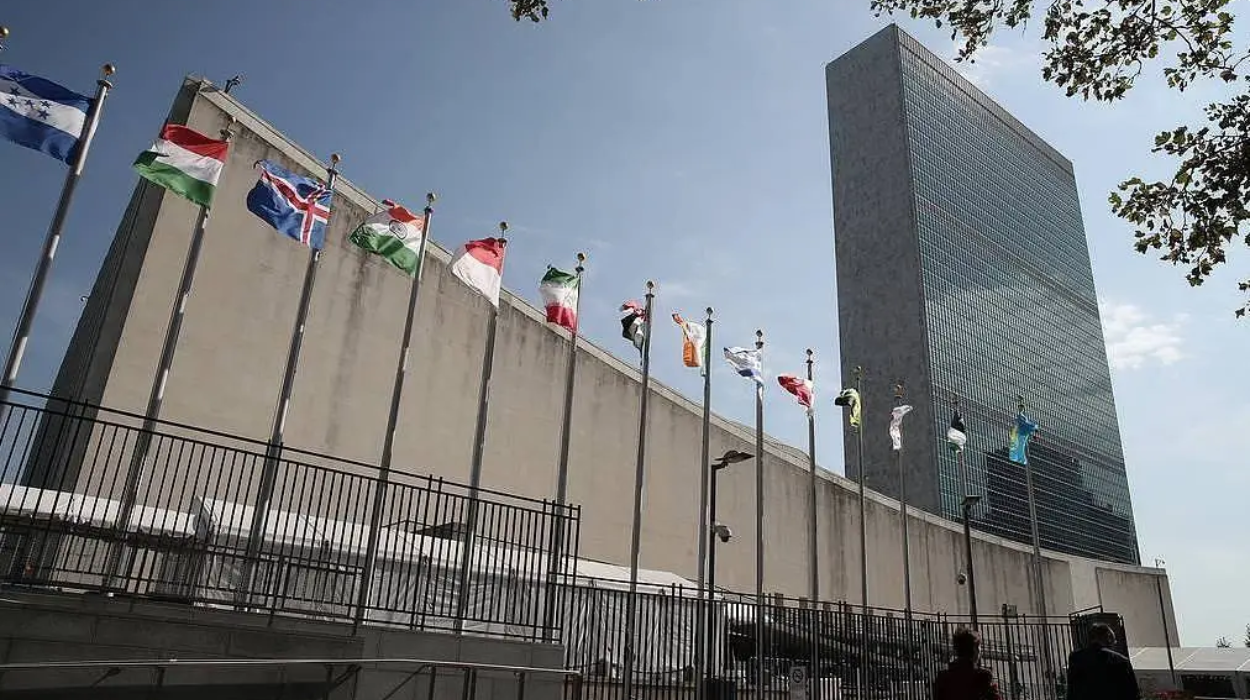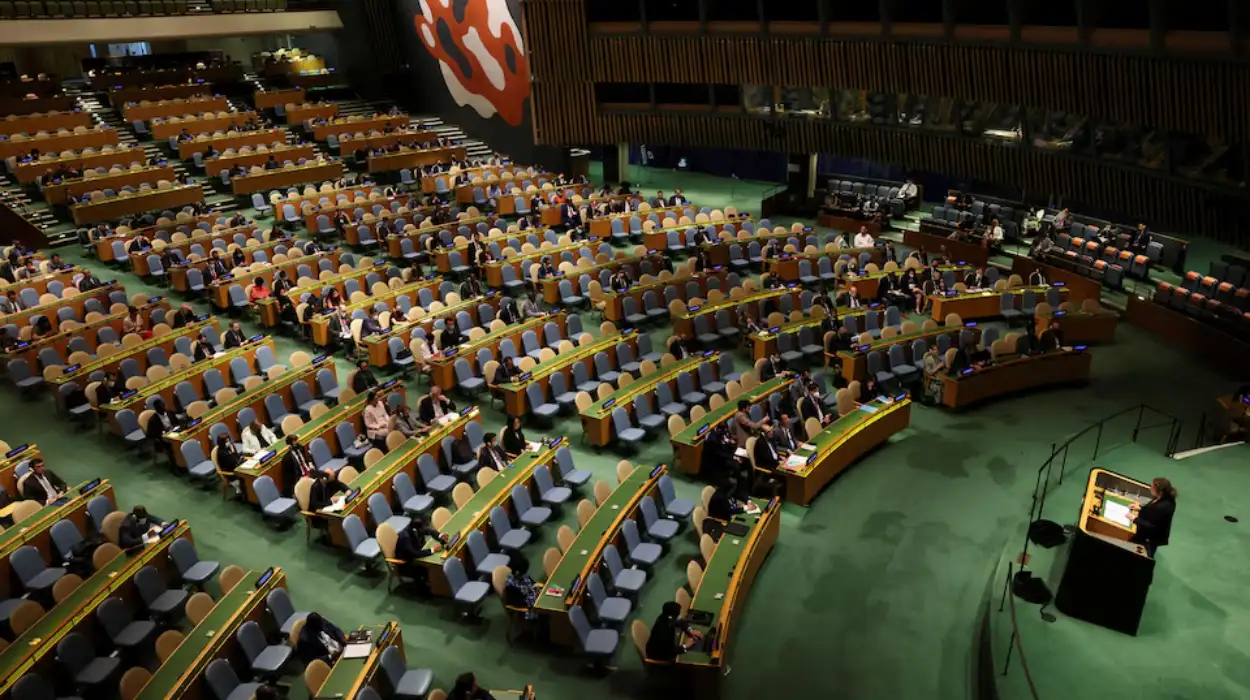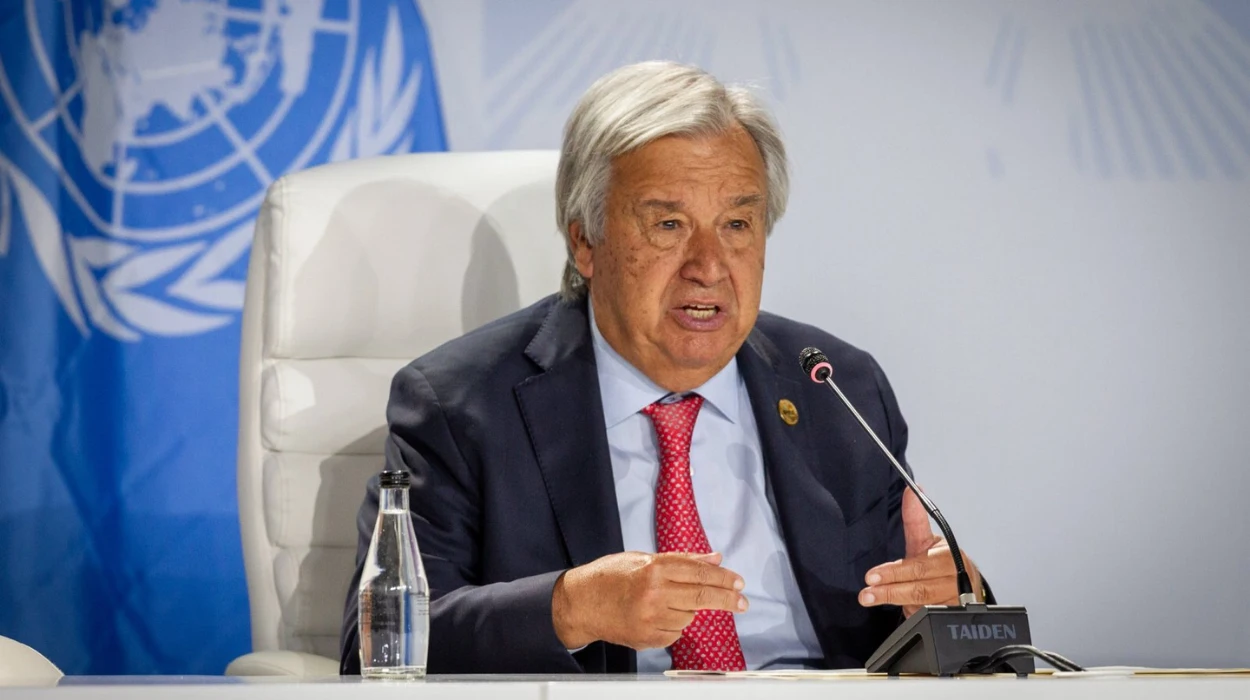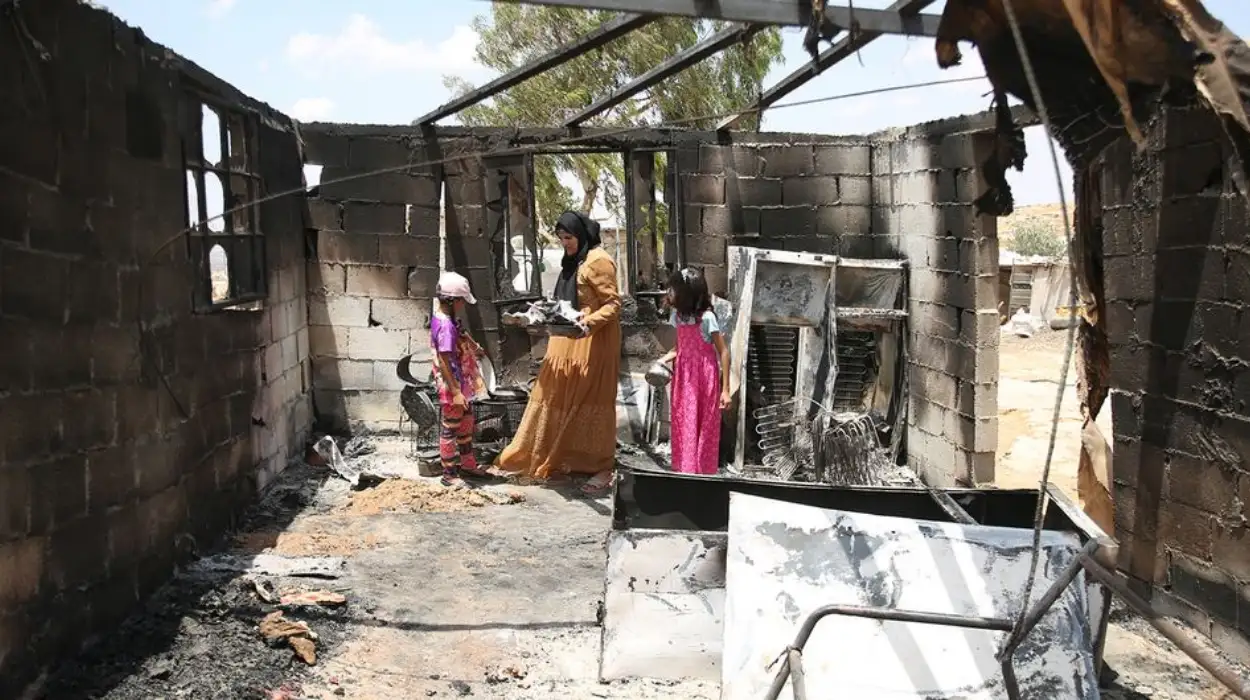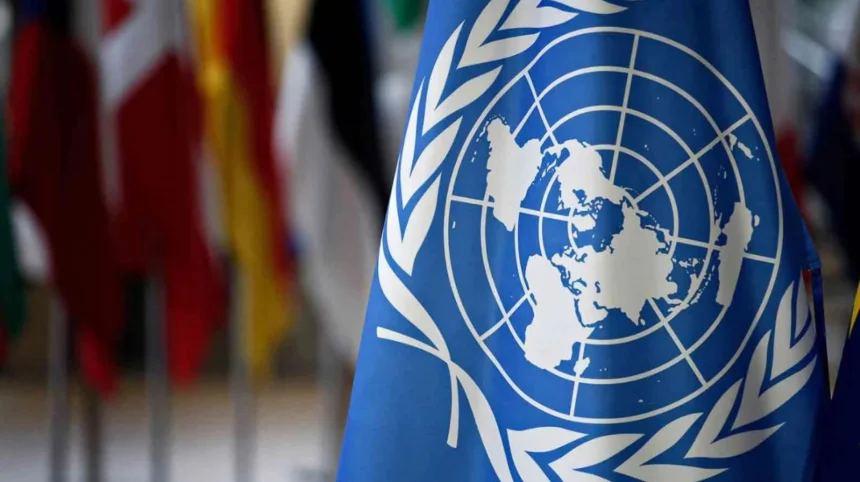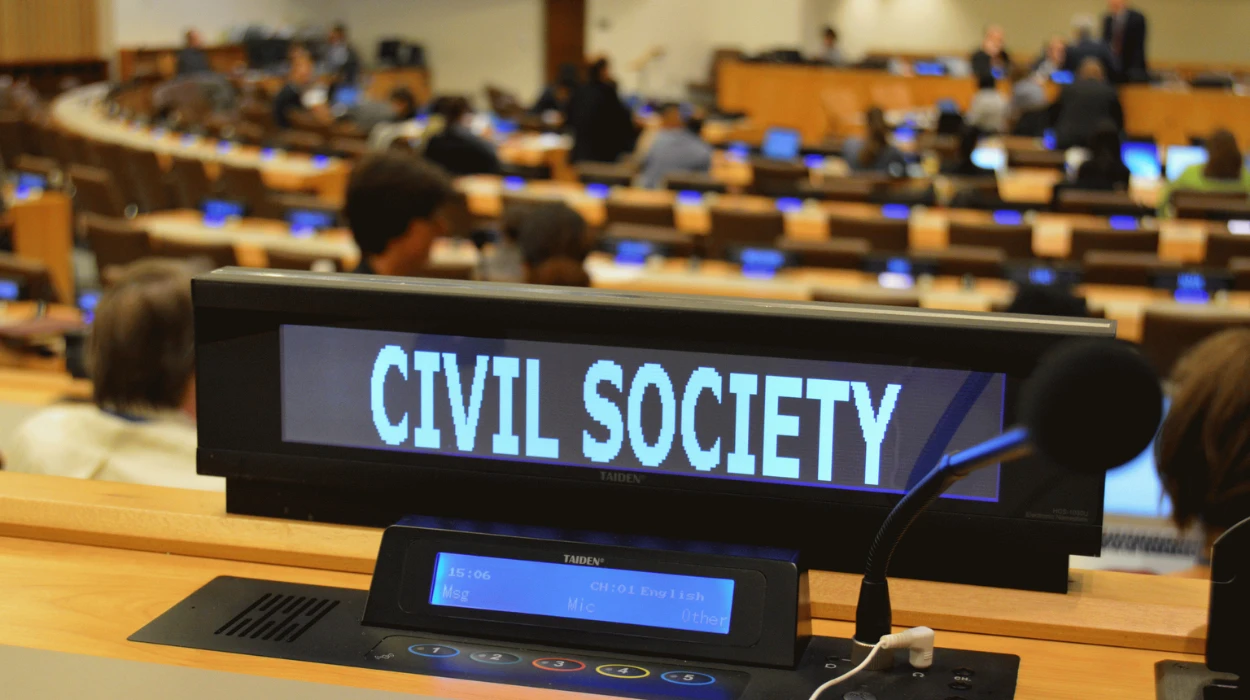UN reporting remains a trend in global governance that will be experienced in 2025, especially in areas like climate change, sustainable development and peacekeeping that are critical. It is the pillar of responsibility to member states and the international stakeholders. By means of standardized data sharing, reporting will be strengthened by trust and cooperation, and the world goals will be achieved because of quantifiable and verifiable developments.
There is a milestone in the implementation of the Enhanced Transparency Framework (ETF) under the Paris Agreement. As of the mid-2025, more than 90 Parties had also given their initial Biennial Transparency Reports (BTRs), describing greenhouse gas emissions, Nationally Determined Contributions (NDCs), adaptation plans, and climate finance needs. Such an enhancement does not only help in enhancing monitoring but also in making informed decisions and coordination of policies across frontiers.
UN Climate Change Executive Secretary Simon Stiell stated earlier this year, “Transparency is not just about reporting; it is about enabling national transformation and ensuring the Paris Agreement delivers results.” These words underscore how transparency acts not as an administrative task but as a transformative tool.
Strengths of UN reporting transparency in 2025
The present reporting system implemented at the UN proves to be more effective, particularly in climate-related domains. National reports of quality and quantity have greatly improved since 2020, and the institutional capacity in developing countries has improved significantly.
Inclusion of vulnerable and developing states
The Least Developed Countries (LDCs), and Small Island Developing States (SIDS) have gone a long way in fulfilling the requirements of transparency. Their participation is an indication of long term international capacity building and technical assistance. Some efforts like the Capacity-building Initiative for Transparency (CBIT) and regional knowledge exchanges have paid off, as countries with low resources have been able to meet the reporting requirements.
The fact that these countries are involved enhances the inclusiveness of data and provides a better global view. It also enables increased targeting of resources in areas where there is the greatest climate vulnerability formation of a feedback loop that links the data collection with real policy actions.
Technical review mechanisms and knowledge sharing
The Transparency Reports of the biannual reports are played through the reviews of technical experts to confirm reported data, point out inconsistencies and suggest improvement. Such reviews contribute to the increase in reliability and allow countries to slowly develop stronger internal systems. The process of the Facilitative Sharing of Views of the UNFCCC encourages the Parties to be open-minded on the achievements, challenges, and the way forward.
Moreover, the updated System of National Accounts (SNA) has been a result of better coordination in the world by the UN Statistical Commission. These updates enhance the comparability and consistency of national data, and enhance the integration of climate action and development planning.
Weaknesses and challenges in UN reporting transparency
In spite of its institutional development, there are still consistent constraints to transparency in UN reporting, which puts the overall performance of the UN reporting in jeopardy. They are especially acute where there is low technical capacity or political sensitivities.
Structural limitations and uneven capabilities
The disparity of the nations possessing advanced statistical systems and those with developing infrastructure is one of the key challenges. Whereas in other countries such as Germany, Japan and Canada digitized their reporting systems and incorporated climate data in their national accounts, some countries do not even have the basic infrastructure to collect the data in a systematic manner. Such imbalance creates differences in format and content of reports.
Also, weak institutional memory states tend to rely greatly on the external consultants, and that does not contribute to the capacity development in the long-term. Absence of permanent and professional civil servants hinders continuity of the institution and there is a risk of loss or poor handling of data.
Financial constraints and data reliability
The lack of adequate and unreliable funding remains a hindrance towards transparency efforts. Other nations have the challenge of not being able to find funds to do an emissions inventory or assessment of climate impacts. Consequently, the reports can be old, incomplete or unfounded on estimated figures.
Reliability of the financial flow reporting is also questioned. The detractors point to the existing systems as being underrepresentative of the role the private sector plays and being unable to figure out how well climate finance commitments are truly new and additional. Such holes make it difficult to evaluate fairness and effectiveness especially in climate justice discussions.
Political sensitivities and representational gaps
Transparency may also be politically tinged. Governments in some circumstances might not be ready to release information that could portray a bad reputation with regard to their domestic policies or even their economic sectors. This hesitation hurts the actual aim of transparency which creates trust by being transparent.
It is also feared that local and marginalized communities should be represented in the national reports. A lot of BTRs and Sustainable Development Goal (SDG) updates do not provide disaggregated data that can reflect the lives of women, indigenous people or rural communities. In the absence of inclusive datasets, transparency is not an all-encompassing tool to respond to equity-based policies.
Stakeholder opinions and future directions
Transparency is a strategic issue agreed upon by UN agencies, national governments, civil society groups, and international donors on a broad basis. Nevertheless, their priorities vary in their areas of focus and implementation channels.
Governmental perspectives on strategic use
Most governments consider transparent reporting as a means to show leadership and also win the favor of the rest of the world. To illustrate, South Korea and Chile have employed the BTRs to demonstrate new policy initiatives and this in turn improved global trust in the policies concerning climate.
Meanwhile, governments are also wary of exaggerating failures. Because the question of transparency, on the one hand, and political considerations, on the other, needs to be balanced, diplomacy is particularly needed during negotiations regarding funding or trade.
Civil society and inclusivity advocacy
The civil society organizations are still putting pressure on increased access to data, real-time tracking tools, and participatory effects in report preparation. By 2025, more countries started experimenting with models of citizen-science, allowing communities to add to national data systems.
These movements focus on the fact that transparency is not a purely technical practice but a democratic process. Reports that mirror on communal realities enhance superior accountability and legitimacy.
Technological innovation and global partnerships
The use of technology is becoming the new focus of transparency avenues in the future. Climate finance tracking using blockchain, emissions monitoring using AI, and mobile-based data collection platforms are pilot programs that have been tried with UNEP and UNDP backing.
International collaborations especially with national statistical institutions and higher learning institutions are widening the methodological arsenal used by the nations. These tools can be used to bridge the data gaps with privacy and data security being guaranteed with continued investment.
UN reporting transparency is not just about compliance, but also an indicator of international cooperation, trust-building and strategic governance. In light of the growing maturity of reporting frameworks, complexity of world issues, transparency will be crucial towards harmonizing national ambitions with world responsibility. The future of the UN system as an institution may be well determined by how institutions change in order to have inclusivity, reliability and relevance to address the demands.



